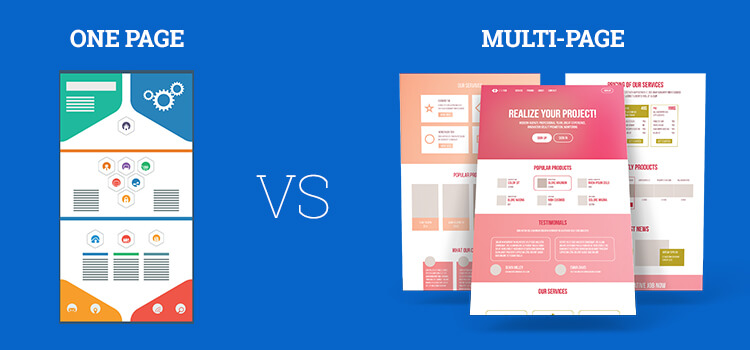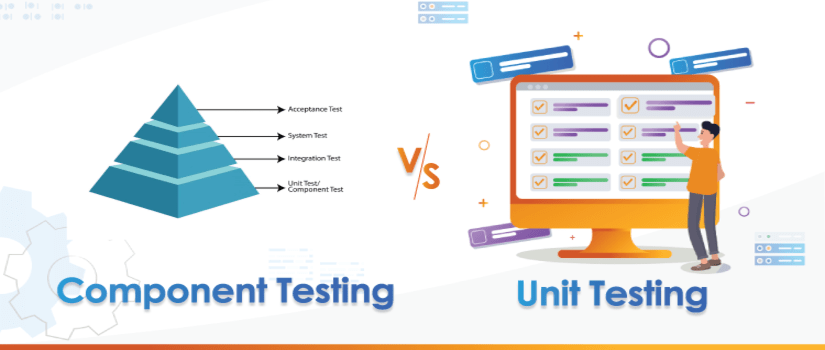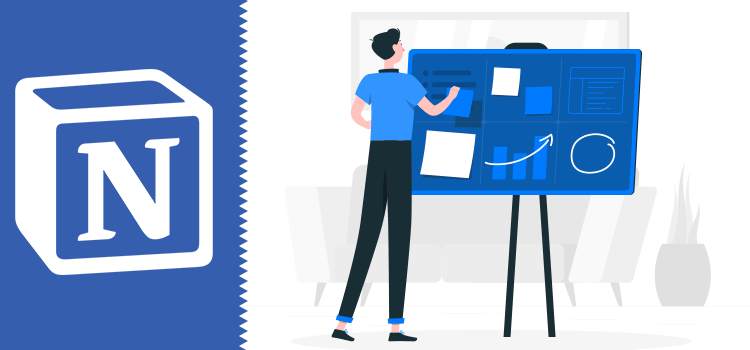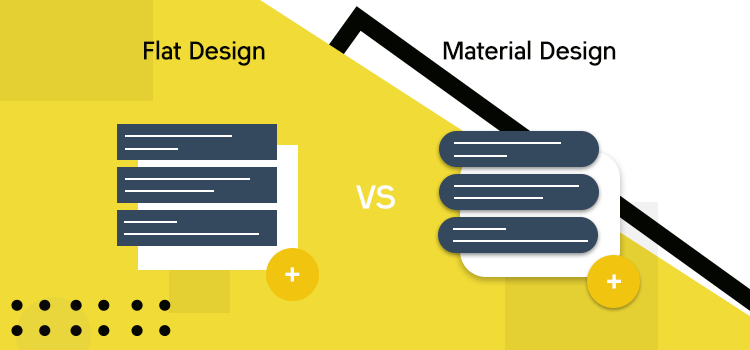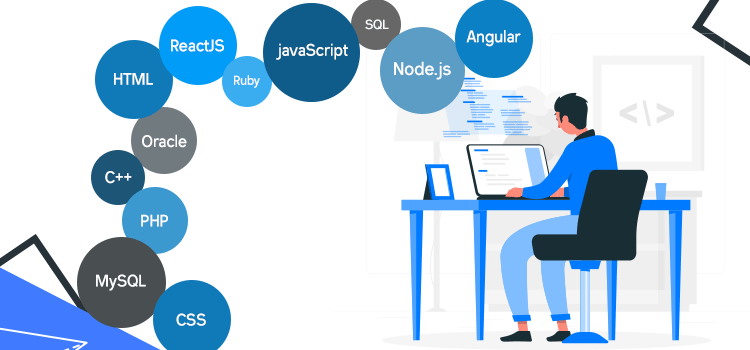Desktop Applications are getting replaced on a large scale by web applications. A web application is any computer program that performs a specific function by using a web browser as its client. Mobile users are significantly growing, and the need of complex web applications is immense than ever before. Web Apps can be designed in two formats. As a Single Page or Multiple Page applications. Both carry their own advantages and disadvantages.
Single Page Application (SPA)
SPA is a web application that fully functions within a browser and page reloading is not required during its usage. It interacts with the user by dynamically rewriting the current page rather than loading entire new pages from a server. In this situation user experience is smooth and a user experiences no interruption between pages.
A significant rise in the demand of Single Page Applications has been noticed. Single Page App development requires strong frameworks that have the ability to handle large applications required for richer web applications.
How Single Page Applications Work?
In a single-page web application, the code of the application ( HTML, CSS, and JavaScript ) gets loaded once. When a user uses the browser to interact with the application the browser initially makes the request to the server, the server then sends the HTML file in return to the request. That is the only time the HTML file is served by the server. Single-page applications are built-in JavaScript and this JavaScript takes control of the HTML file. All the successive calls return the data in JSON format which is used by the application to dynamically update the page however the page never reloads.The technology is always the same, but the philosophy and some key components of how the application works are different. Some of the popular and advanced frameworks being used for the development of Single Page Applications are Angular Js, Backbone, React, Knockout, EmberJs, Meteor Js, Polymer Js, Dojotoolkit, Batman, Aurelia.
When To Use SPA?
When there is a need to develop dynamic platforms with small data volumes, SPA is the best fit. If there is a need for mobile app development in future, SPA is the ideal selection to start with.
Classic examples of some of the Single Page Applications that we use every day are;
• Gmail
• Google Maps
• Google Drive
Advantages Of Single Page Applications
Single Page Applications are good for responsive sites. SPA is speedy. The need to use extra queries to the server gets eliminated. Development is easy and simpler. Single Page Applications are easy to debug. It’s easier to make a mobile application because the developer can reuse the same backend code for web application and native mobile application. SPAs offer exceptional UX by trying to imitate a “natural” environment in the browser. SPA eliminates the need for Page reloads and extra wait time. It is just one web page that you visit which then loads all other content using JavaScript.
Disadvantages Of Single Page Applications
Single Page Applications are less secure.
SPAs are not SEO friendly.
It requires JavaScript to be present and enabled.
Multiple Page Application (MPA)
MPAs are traditional web applications. It means every time the application needs to display the data or submit data back to server it has to request a new page from the server and then render it in the web browser. Size of Multiple Page Applications is bigger than Single Page Applications.
MPAs is suitable for large companies with a broad range of products or services that require lots of features.
Advantages Of Multiple Page Applications
SEO management is better in MPAs.
Unlimited Scalability
MPAs can provide lot of analytics on how a web application is performing.
Disadvantages Of Multiple Page Applications
Slow Speed
More time for development is required
Maintenance & updates is complex
Conclusion
The selection of SPA or MPA completely depends on the business goals. SPA or MPA has its own merits and demerits.
If you are looking to develop a web application, please feel free to Contact us.

